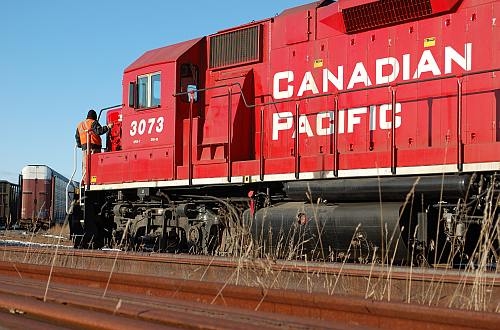In a statement CP says it proposed an integrated coast-to-coast operation that would improve customer service, promote competition, and alleviate congestion – particularly in the Chicago area – while generating "significant shareholder value." However, following the conclusion of the talks, no further negotiations on the proposal are planned with CSX.
While it believes regulatory concerns are a major deterrent to mergers between North America's major freight railways, CP says such a restructuring of the industry could become a reality if the concerns of shippers are addressed in a "thoughtful" manner. The railway argues that significant problems facing the industry "will only worsen over time if solutions aren't put in place immediately," and that a "pro-competition, customer-friendly, safety-focussed railway combination is one such solution that could not be ignored on its merits by regulators."
"Concerns about its ability to receive the approval of the Surface Transportation Board and other regulatory agencies are the primary reason that prompted CP to end the merger talks, in our opinion," says Mr Jason Seidel, managing director of Cowen & Co. and Wall Street contributing editor for IRJ's North American sister publication Railway Age. "It is hard to imagine that the regulators, who have been listening intently to shippers' worries about rail service and pricing issues, would give their blessings on a deal that could exacerbate service challenges, at least in the near term, and further boost the railroads' pricing power."
Seidel suggests that CP may make another attempt to acquire the Belt Railway Company of Chicago, which is jointly owned by six Class 1 railways, if it cannot identify other assets.

